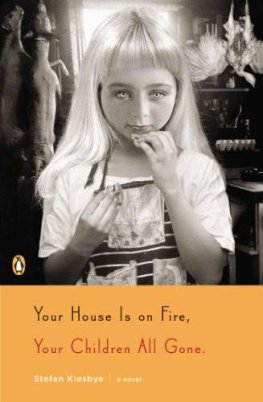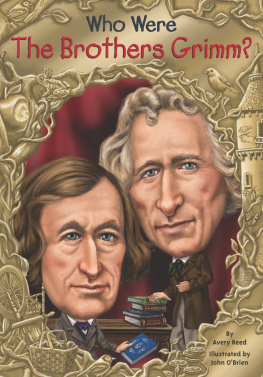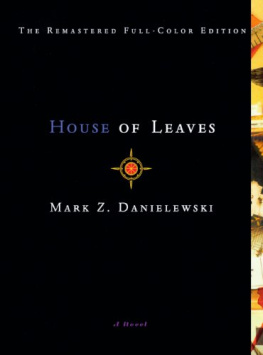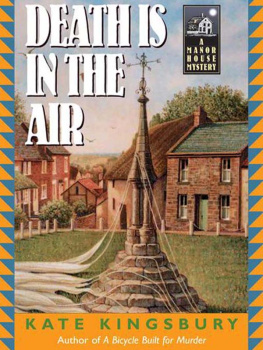Stefan Kiesbye
YOUR HOUSE IS ON FIRE, YOUR CHILDREN ALL GONE
A Novel
For Sanaz Kiesbye, Nils Fahrenholz, and Don Mitchell
Were a lukewarm people for all our feast days and hard work. Not much touches us, but we long to be touched. We lie awake at night willing the darkness to part and show us a vision. Our children frighten us in their intimacy, but we make sure they grow up like us. Lukewarm like us. On a night like this, hands and faces hot, we can believe that tomorrow will show us angels in jars and that the well-known woods will suddenly reveal another path.
JEANETTE WINTERSON,
The PassionIt is my belief, Watson, founded upon my experience, that the lowest and vilest alleys in London do not present a more dreadful record of sin than does the smiling and beautiful countryside. Look at these lonely houses, each in its own fields, filled for the most part with poor ignorant folk who know little of the law. Think of the deeds of hellish cruelty, the hidden wickedness which may go on, year in, year out, in such places, and none the wiser.
SIR ARTHUR CONAN DOYLE, The Adventure of the Copper Beeches
Time is of no importance. I have returned to Hemmersmoor to live in the same house in which I grew up, the same cramped house in which my father and my sister Ingrid died when I was a schoolboy. I pour water from silver ewers onto their graves and pull weeds and put sweet williams into the soil. From time to time, one of the old villagers asks about them and remembers the incidents from forty years ago. Then their noses start to twitch, as if they smell a fire. Their lips tremble, but the words wont come and they drop the topic immediately. Nobody has ever bothered me about their deaths. I never had anything to hide.
Our village has grownrich people from Bremen have built vacation homes here, and their immaculately polished cars park every morning in front of Meiers bakery. The noise seems foreign, life seems to have quickened. When I was a boy in Hemmersmoor, our village consisted of the main street and a few alleys and dirt roads. The houses were old and stoopedthe doors and windows narrow and low, the beams twisted by rheumatism. The cobblestone was full of humps and holes, and nobody drove through our village just for pleasure. Even the sunlight seemed different, darker, never without suspicion.
When I learned of my mothers death, I lived in Buffalo, New York. I had retired from my work the year before and hadnt heard from my family in decades, had pushed them to the outer limits of my memory and caged them there like wild animals.
The solicitors letter from Gro Ostensen did not reach me in time to come to the funeral. Ive learned that not even my sister Nicole made the trip, and she has not visited the village since. Why I returned, I cannot say or even think. It might have been my wifes death. It was she who gave me a home in the New World. She was my continent, and without her, I was uprooted a second time. Perhaps it was the prospect of stepping into my fathers house as its owner. Perhaps I thought the wild animals had died with my mother and I was safe from them now. I had planned to return to the States after two weeks.
Alex Frick, a friend of mine from the past, also lives in Hemmersmoor once again. The sins of his early years are forgivenor perhaps only forgotten. He is running his fathers tavern and is an important man. We are now the old people here, nobody but us remembers his years in the correctional facility, or his brother, Olaf, who almost cost him his inheritance and who one day disappeared forever.
When we meet in the streets, Alex nods. We dont talk much about the past, theres no reason for it. Our secrets in Hemmersmoor were always open and always kept safe. These days the two of us safeguard the stories of our village; we are their caretakers and can change them at any given time. Alex remembers me, Christian, the pale boy whose eyebrows were so light that his face seemed completely naked. He remembers my father, who drank himself to death and whose daughter gave birth to a bastard child. Alex knows that much remains unsaid, but he has better things to do than to rummage through old stories. He expects me to return his favor.
The young people in the village work in factories in Bremen or in stores and factories in Gro Ostensen. The farmers have given up, and the boats that once sailed our canals are now tourist attractions. Hemmersmoor looks colorful and immaculate, as if we were put here for the sake of the hobby photographers. Potters and painters are offering their wares.
The pharmacy, which even decades ago was always freshly painted, still overlooks the village square. The old schoolhouse is still standing, but two families are living there these days. The once sandy school lot is now a multipurpose garden, and a young woman grows vegetables there. Her childrens voices tear the silence to shreds.
Just outside the village, near the Droste River, stood Brmmers tool factory. It was a low-slung building that had served as an ammunitions factory during the last war. In front of Brmmers, the only railroad track ever to reach Hemmersmoor ended, and in the afternoons the other boys and I sat by the buffer that prevented the cars from rolling into the river and waited for a train to appear.
There was no set timetable, and most days we waited in vain. But still, the mere prospect of catching a glimpse of the small, black steam engine and two or three cars kept us enthralled.
The factory now stands empty; the tracks are covered by tall weeds. A few years back, a fire destroyed what was left of Otto Nubiss workshop. What lay beyond the factory, outside our village, we all have dutifully forgotten. The county is trying to open a museum there, but who is going to buy our paintings and clay souvenirs if their plan is successful? The villagers are shaking their heads. Why should we have to suffer again? We had nothing to do with it.
Time is of no importance. I was young and didnt know a thing about our time. There had never been a different one in Hemmersmoor. In our village time didnt progress courageously. In our village she limped a bit, got lost more than once, and always ended up at Fricks bar and in one of Jens Jensens tall tales.
Yet now time has made a daring leap. No matter how much I look for them, the dark corners of Hemmersmoor are freshly scrubbed, the wrinkles have been smoothed over, and my memories lead me astray. I have returned, but not to the village I once left. That village doesnt exist anymore, survives in only my memories and dreams. When I walk through our streets at night, blue flickering light can be seen behind every window. I havent lived under a rock these past decades, but when I think back to my boyhood, theres no room for television.
Now that our village belongs to the ordinary world around it, the pale boy from the past looks like a ghost. Maybe its for the better, maybe this is what allows me to stay. Maybe I would choke otherwise. But the absence of what I can still see so clearly in front of me makes it hard for me to breathe anyway.
The Big House stands upon the sandy hill that marks the grave of Hklt the Giant. He carried a large sack of fine sand, to avoid sinking into the treacherous moor. Yet it didnt matter, and the manor of the von Kamphoff family is his headstone. The gables and turrets, the yellow stone and the gravel drivewaythey remain incomprehensible to the villagers.
Its the first time Im driving out to the Big House. The spring day is a puppy, unconcerned and playful, and I roll down a window, and the air is soft and ticklish, and I rub my face again and again. Clouds hang low above the moor. It may rain later on but theyre still shimmering faintly pink. The grass along the road is already green again.









